Partners
We value our collaborative partnerships
Partnerships built on inclusivity, social awareness and a commitment to making a tangible difference have been at the heart of the Africa Centre’s operations from day one. Collaborating with others who have similar goals plays a critical role in problem-solving, innovation, impact and collective success. By bringing together different perspectives, skills, expertise and tools we can all achieve so much more than if we work in isolation.
International partners
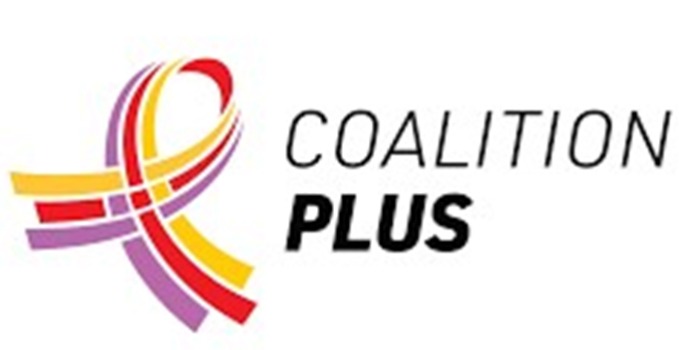
About Coalition Plus
Coalition Plus is an international coalition of community-based NGOs involved in the fight against HIV/Aids. The network is active in over 50 countries via more than 100 civil society organisations working across several HIV/Aids-related areas, including community screening, risk reduction, advocacy and capacity building. Coalition Plus focuses on the fact that HIV/Aids affects certain key populations more than others since the stigma these groups face acts as a barrier to testing and accessing treatment. Their motto – “Nothing for us, without us!” – aims to recognise the valuable expertise of people infected, affected or particularly vulnerable to HIV/Aids and the importance of community involvement.
Collaboration with the Africa Centre
The organisation’s experience in community health programming, peer education and community facilitation is the reason why Coalition Plus and the Africa Centre have partnered to jointly develop the centre’s new Postgraduate Diploma in Community Health Management (to be released in 2026).
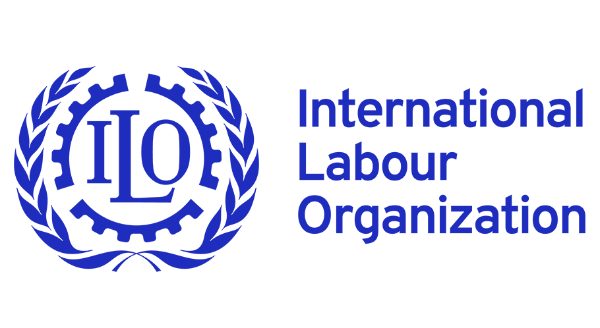
About the International Labour Organization (ILO)
The ILO is a United Nations agency whose mandate is to advance social and economic justice through setting international labour standards.
Collaboration with the Africa Centre
The Africa Centre and the ILO collaborate on an ongoing basis. One of the past highlights is a collaborative study conducted in 2022 on the effectiveness and relevance of HIV/Aids, TB and Covid-19 legislation, workplace policies and programmes in the context of the Sustainable Development Goals (SDGs) and UNAIDS FastTrack goals. The study was conducted across different sectors/industries, such as mining and transport, and focused on leading organisations in these sectors. The findings were as follows:
- Workplace policies that are aligned with national legislation are in place across sectors.
- Organisations have a desire to contribute and/or invest in the fight against HIV/Aids and TB.
- However, workplace policies are not always relevant or effective. This reflects a poor understanding and knowledge of how to create a supportive environment for HIV-positive employees and protecting their rights.
- In cases where policies are effective, a collaborative, multisectoral model is usually in place, indicating the importance of regulatory compliance and support.

About UNAIDS
As the joint United Nations programme on HIV/Aids, UNAIDS brings together the efforts and resources of ten UN system organisations to the global HIV/Aids response. It is leading the global effort to end AIDS as a public health threat by 2030 and is committed to strengthening support to community-led and people-centred responses. UNAIDS is the only United Nations entity with civil society represented on its governing body.
Collaboration with the Africa Centre
Considering the strong strategic alignment between the Africa Centre and UNAIDS, the centre collaborates with UNAIDS on an ongoing basis as opportunities arise. The Africa Centre also previously conducted a study commissioned by UNAIDS that aimed to generate empirical evidence for the role of people-centred and community-led HIV-related service delivery in the context of the universal healthcare coverage debate.
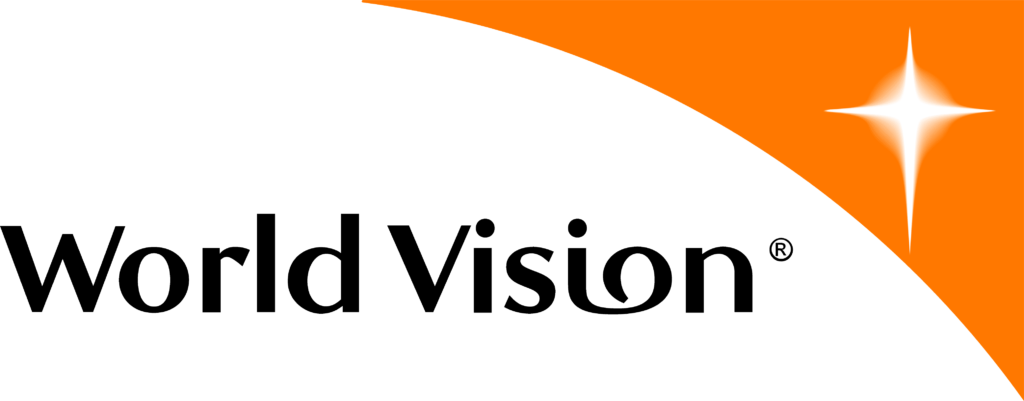
About World Vision
World Vision is a Christian humanitarian organisation that aims to address the causes of poverty and injustice by helping children, families and communities reach their full potential. WVSARO (World Vision Southern Africa Regional Office) has been partnering with government ministries, faith leaders and individuals in Southern Africa for over 50 years.
Collaboration with the Africa Centre
The Africa Centre and WVSARO are working together to develop research programmes (including evaluations and social impact assessments) and social impact development models. Together, we also provide training and conduct and share research on a range of humanitarian and community issues via, for example, conferences, webinars, internship opportunities and fundraising for grants and bursaries.
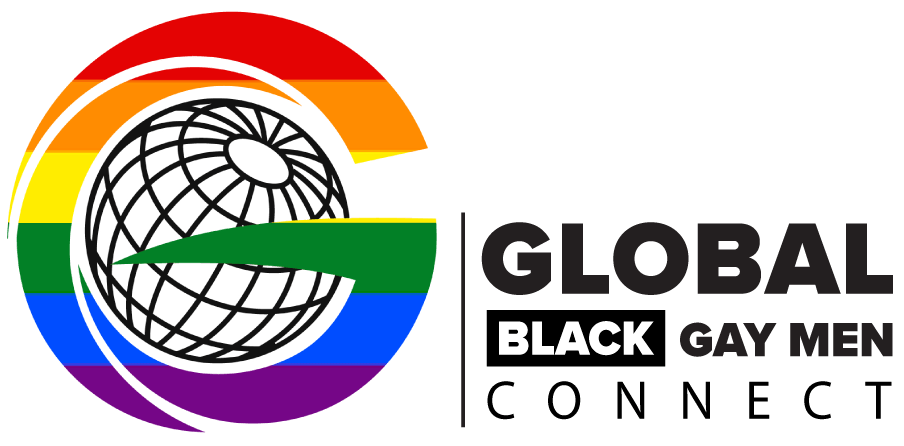
About Global Black Gay Men Connect (GBGMC)
The GBGMC is a not-for-profit, community-led global network and advocacy organisation founded in 2018. It is committed to advancing the health, rights and wellbeing of black gay men and other key populations. The GBGMC aims to meet its objectives by empowering communities, fostering resilience against oppression and building a platform where the collective voices of all people can be heard, with an emphasis on black and brown LGBTQIA+ people.
Collaboration with the Africa Centre
African partners
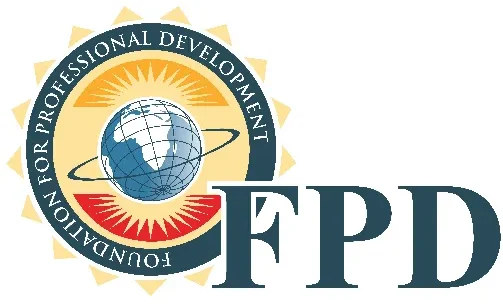
About the Foundation for Professional Development (FDP)
FPD provides health sector professionals and managers access to affordable, accessible quality education through customised management and clinical skills development courses. The educational offering includes formal postgraduate qualifications, short courses, in-house courses and conferences. FPD is registered as a Private Institution of Higher Education and meets the international criterial of a research university.
Collaboration with the Africa Centre
The Africa Centre and FDP are collaborating on several educational courses. These include jointly offering a range of online short courses and developing a new PgDip in Public Health Management based on selected advanced FDP certificate courses, to be presented by the Africa Centre. In addition, FDP will be hosting the 16th World Conference on Injury Prevention & Safety Promotion in Cape Town, South Africa in September 2026 and have invited the Africa Centre to be part of the national coordinating group.
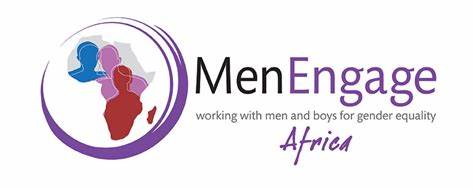
About Men Engage Africa (MEA)
MEA was established in 2008 and is a member of the MenEngage Global Alliance, an international network of organisations that engage men and boys in the objectives of achieving gender equality, promoting health and reducing violence. Member organisations are all in some way involved in transforming patriarchal masculinities and working toward advancing gender justice, human rights and social justice in key areas, including sexual reproductive health and rights, gender-based violence and HIV prevention as well as children’s rights and positive parenting. MEA’s secretariat, Sonke, provides technical support to the member networks on communications, advocacy, movement building, research and knowledge management.
Collaboration with the Africa Centre
The Africa Centre is a founding member of MEA’s South Africa chapter and supports MEA SA’s activities and calls for gender equality and men’s involvement in gender and health-related issues on an ad hoc basis.
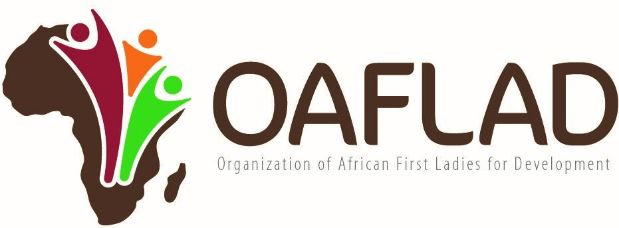
About the Organization of African First Ladies for Development (OAFLAD)
In 2002, first ladies of Africa came together to form African First Ladies against HIV/Aids (OAFLA) to be a united voice for Africa’s most susceptible citizens. They became an institution that can offer continent-wide leadership in terms of advocacy in the areas of HIV/Aids and a broad range of maternal and child health interventions. OAFLA was later named the Organization of African First Ladies for Development (OAFLAD), through which first ladies of Africa seek to leverage their position to advocate for policies that make health services accessible, with laws that boost women and youth empowerment.
Collaboration with the Africa Centre
The Africa Centre’s partnership with OAFLAD is based on collaboration around the African Research Universities Alliance (ARUA) universities and African First Ladies Research Roundtable project. The pilot initiative is informed by the role and key mandate of African universities as hubs of generating knowledge products through research, teaching and learning, combined with community engagement for societal impact. The Africa Centre also serves on the OAFLAD health working group and the education working group.

About the Society for AIDS in Africa (SAA)
SAA was founded in 1989 at the fourth International Symposium on Aids and Associated Cancers in Africa (now ICASA) held in France, by a group of African scientists, activists and advocates. The establishment of the SAA was the result of calls by African scientists for the conference to be organised on African soil, since it had until then been organised outside the African continent. The SAA is non-governmental and not-for–profit.
Collaboration with the Africa Centre
The Africa Centre has an ongoing agreement with SAA whereby the organisations work together to facilitate and promote the development of research and social impact programmes as well as HIV/Aids-related publications.

About St John of God College of Health Sciences
St John of God College is a private college that was established in 2003 under proprietorship of the Roman Catholic Church. The college is committed to contributing to the development of health professionals in Malawi by being a centre of excellence in education, research and training for quality mental health services in the region. Just like the Africa Centre, the college structures their activities on the three pillars of teaching (via several diplomas, degrees and training programmes), research (including publishing research to influence and inform policy) and community engagement (focusing on community activities that improve the socioeconomic and psychosocial circumstances of community members).
Collaboration with the Africa Centre
The partnership between St John and the Africa Centre involves joint research and research grant mobilisation as well as supervision, academic writing and publishing support from the Africa Centre, with a focus on issues relating to mental health, HIV/Aids and climate vulnerabilities.
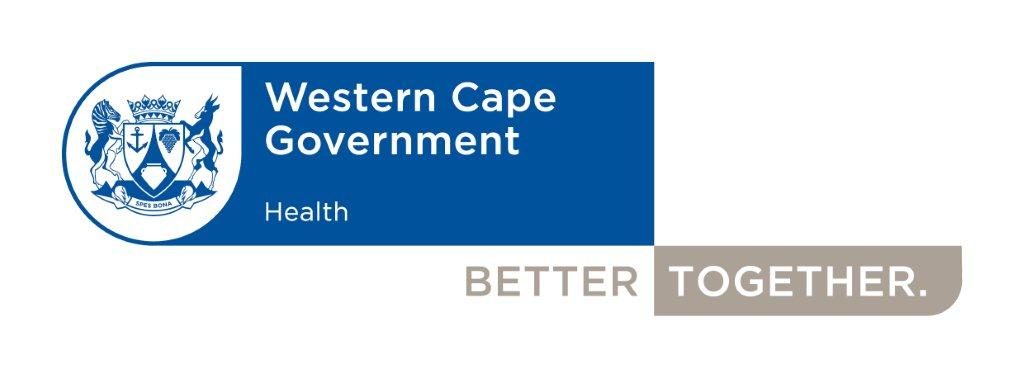
About the Western Cape Department of Health
The core function and responsibility of the Western Cape Department of Health is to deliver a comprehensive package of health services to the people of the province.
Collaboration with the Africa Centre
The Africa Centre and the Western Cape Department of Health in the Cape Winelands district developed and distributed a photo novel among healthcare workers who treat recently diagnosed diabetes patients or people who are seriously at risk to help them manage their diagnosis or help prevent developing the disease. Feedback from healthcare workers on the photo novel’s effectiveness was overwhelmingly positive, indicating that it helped them to explain the condition to patients and encouraged patients to ask more questions. The fact that it was relatable and easy to read also supported engagement and helped to allay fears about the disease and treatment.
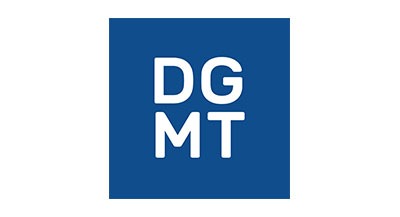
About the DG Murray Trust"s Rethink Your Drink project
The DG Murray Trust (DGMT) is a public innovator committed to developing South Africa’s potential through strategic investment. The DGMT has identified 10 opportunities to enable South Africa to escape the inequality trap and build a thriving society. The Rethink Your Drink project falls under the opportunity of releasing systemic chokes that trap SA society in inequality. The project aims to reduce harmful alcohol use and its significant health, social and economic consequences as well as costs by challenging the norms, policies and industry practices that promote and normalise heavy drinking. Find out more.
Collaboration with the Africa Centre
The partnership between the Africa Centre and the DGMT’s Rethink Your Drink project involves collaborating on several initiatives in the spheres of education, research and community engagement on the theme of harmful alcohol use in the context of inclusive health management, including the impact on health systems and links with violence and mental health. These include developing and presenting short courses and webinars and incorporating themed course units into the centre’s PgDip and MPhil programmes; undertaking and publishing research; executing community programmes that drive positive social impact and policy changes; and conducting baseline studies and impact assessments.
